born December 28, 1887 in Frankfurt and died July 15, 1941, at age 53, in Berlin. After his baccalaureate in 1905, Walter Ruttmann began studying architecture in Zurich then painting in Munich where he became friends with Paul Klee and Lyonel Feininger. In 1917 he painted his first abstract compositions then declared, the following year, to abandon paintings for “painting with time (Malerei mit Zeit)”. He then built a device which would be the basis of his Opus I. During the First World War, he was an artillery lieutenant on the Eastern Front, then, ill, spent the year 1917 in the sanatorium. With Opus I, produced in 1921, Walter Ruttmann was the pioneer of abstract cinema called Absoluter Film in Germany. The first public screening took place on April 27, 1921 at the Marmorhaus in Berlin. The original musical score is by Max Butting. At this screening he met Oskar Fischinger from whom he bought, the following year, his wax cutting machine with which Fischinger created his first works. Opus II, III and IV were presented on June 25, 1925 at the Marmorhaus in Berlin, at the same time as Viking Eggeling's Diagonal Symphony. From 1925 he worked with Lore Leudesdorff, a Bauhaus student, who assisted him on his Opus V and advertising films that Ruttmann directed at that time. In 1925-26 he met Karl Freund and the screenwriter Carl Mayer with whom he had the idea of a film about Berlin, it would be Berlin, symphony of a great city (Berlin: Die Sinfonie der Großstadt, 1927), which made famous all over the world. Considered then as a left-wing pacifist, he made a trip to Moscow in 1928 and 1929. He adhered to Nazi ideology in the 1930s. He was Leni Riefenstahl's assistant for The Gods of the Stadium, then subsequently directed films propaganda for the Nazi army shortly before dying from the amputation of a leg in 1941.




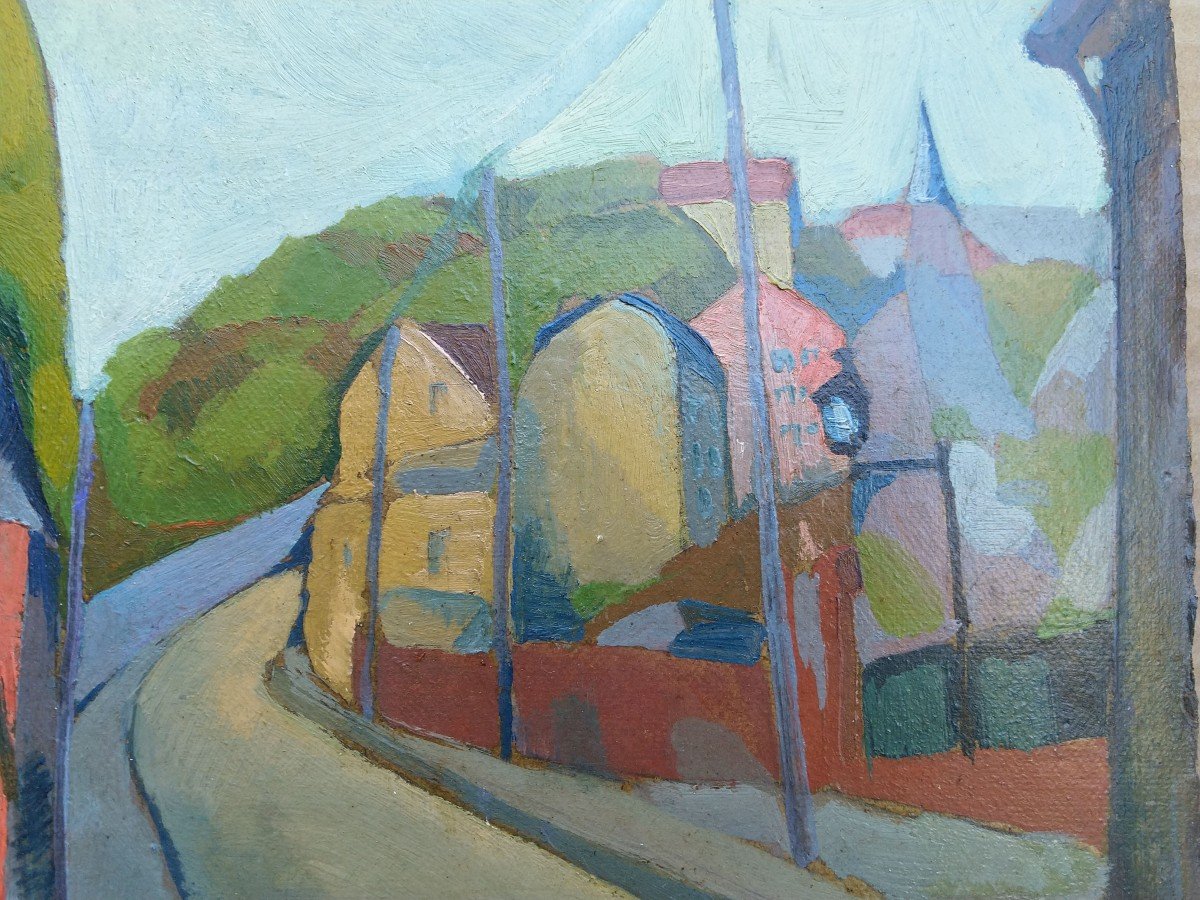


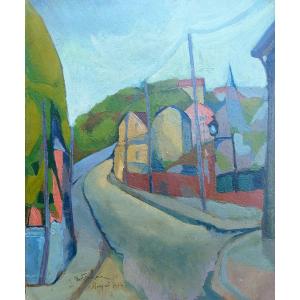





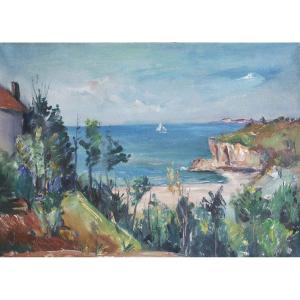
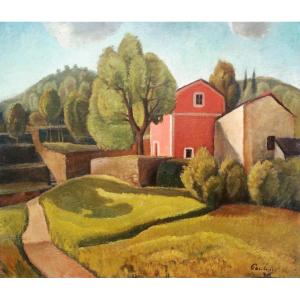

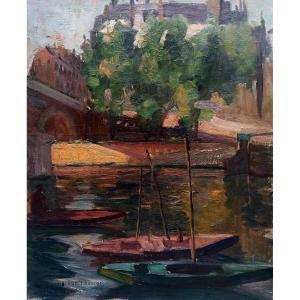
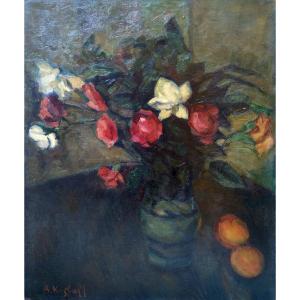

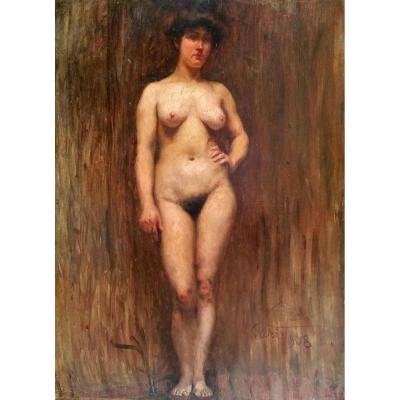
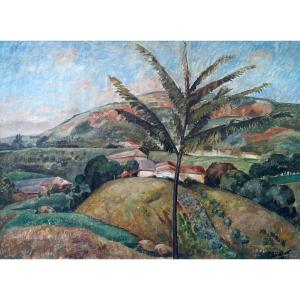




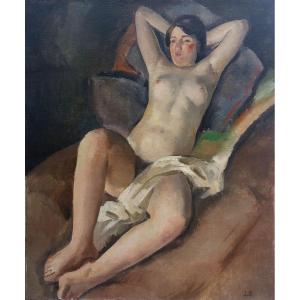

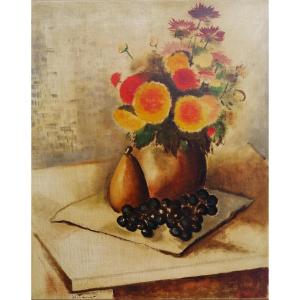
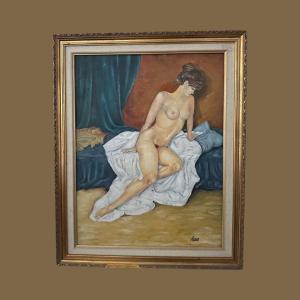
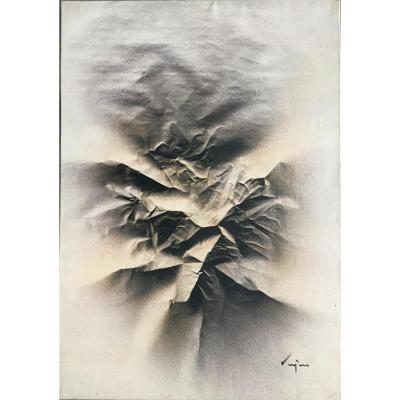






 Le Magazine de PROANTIC
Le Magazine de PROANTIC TRÉSORS Magazine
TRÉSORS Magazine Rivista Artiquariato
Rivista Artiquariato